Dr Singal is an expert in hepatocellular carcinoma (HCC), particularly in early tumor detection and screening process failures, and serves as Medical Director of the Liver Tumor Program at UT Southwestern Medical Center, USA. He has research training in Patient Centered Outcomes Research, with a Masters in Health and Healthcare Research from the University of Michigan. He currently is leading several federal and state funded projects to evaluate interventions to improve the effectiveness of early tumor detection efforts among patients with cirrhosis in the USA. Dr Singal has published over 100 scientific papers and has established collaborations with experts throughout the USA over the past several years. He has been active in many academic professional societies including American Association for Study of Liver Diseases (AASLD), International Liver Cancer Association (ILCA), American College of Gastroenterology (ACG), and American Gastroenterological Association (AGA). He was selected as Chair of the ICLA Surveillance and Biomarkers Special Interest Group and is a member of the AGA Liver Disease Measures workgroup. He has editorial experience including an Academic Editor for PLOS Medicine and an Associate Editor for Clinical Gastroenterology and Hepatology and Seminars in Liver Disease. Selected Recent Publications: Singal A, Volk ML, Waljee AK, Salgia R, Higgins P, Rogers M, Marrero JA. Meta-analysis: surveillance with ultrasound for early-stage hepatocellular carcinoma in patients with cirrhosis. Aliment Pharmacol Ther 2009; 30(1): 37-47. Singal AG, Yopp A, Skinner CS, Packer M, Lee WM, Tiro JA. Utilization of hepatocellular carcinoma surveillance among American patients: a systematic review. J Gen Intern Med 2012; 27(7): 861-867. Singal AG, Conjeevaram H, Fu S, Volk ML, Fontana RJ, Askari F, Su GL, Lok AS, Marrero JA. Effectiveness of hepatocellular carcinoma surveillance in patients with cirrhosis. Cancer Epidemiol Biomarkers Preven 2012; 21(5): 793-9. Singal AG, Nehra M, Adams-Huet B, Yopp AC, Tiro JA, Marrero JA, Lok AS, Lee WM. Detection of hepatocellular carcinoma at advanced stages among patients in the HALT-C trial: Where did surveillance fail? Am J Gastroenterol 2013; 108(3): 425-32. Singal AG, Pillai A, Tiro JA. Early detection, curative treatment, and survival rates for HCC surveillance in patients with cirrhosis: a meta-analysis. PLOS Medicine 2014; 11(4): e1001624. Singal AG, Li X, Tiro JA, Kandunoori P, Huet B, Nehra M, Yopp AC. Racial, social, and clinical determinants of hepatocellular carcinoma surveillance. Am J Med 2015; 128(1): 90e1 – 90e7. Dalton-Fitzgerald E, Tiro J, Kandunoori P, Halm E, Yopp A, Singal AG. Practice patterns and attitudes of primary care providers and barriers to surveillance of hepatocellular carcinoma in patients with cirrhosis. Clin Gastroenterol Hepatol 2015;13(4):791-8. Patel N, Yopp AC, Singal AG. Diagnostic delays are common among patients with hepatocellular carcinoma. J Natl Compr Canc Netw 2015; 13(5): 543-9. Mokdad A, Zhu H, Marrero JA, Mansour JC, Yopp AC, Singal AG. Hospital volume and survival after hepatocellular carcinoma diagnosis. Am J Gastroenterol 2016; 111(7): 967-75. Parikh ND, Marshall VD, Singal AG, Nathan H, Lok AS, Balkrishnan R, Shahinian V. Survival and cost-effectiveness of sorafenib therapy in advanced hepatocellular carcinoma: An analysis of the SEER-Medicare Database. Hepatology 2017; 56(1): 122-33. Simmons O, Fetzer DT, Yokoo T, Marrero JA, Yopp A, Kono Y, Parikh N, Browning T, Singal AG. Predictors of adequate ultrasound quality for HCC surveillance in patients with cirrhosis. Aliment Pharmacol Ther 2017; 45(1): 169-77. Farvardin S, Patel J, Khambaty M, Yerokun O, Mok H, Tiro JA, Yopp AC, Parikh ND, Marrero JA, Singal AG. Patient-reported barriers are associated with lower HCC surveillance rates in patients with cirrhosis. Hepatology 2017; 65(3): 875-84. Singal AG, Tiro JA, Marrero JA, McCallister K, Mejias C, Sanders J, Bishop WP, Santini NO, Halm EA. Mailed outreach program increases ultrasound screening of patients with cirrhosis for hepatocellular carcinoma. Gastroenterology 2017; 152(3): 608-15. Atiq O, Tiro J, Yopp AC, Muffler A, Marrero JA, Parikh ND, Murphy C, McCallister K, Singal AG. An assessment of benefits and harms of hepatocellular carcinoma surveillance in patients with cirrhosis. Hepatology 2017; 65(4): 1196-1205. Singal AG, Mittal S, Yerokun OA, Ahn C, Marrero J, Yopp A, Parikh ND, Scaglione SJ. Hepatocellular carcinoma screening associated with early tumor detection and improved survival among patients with hepatocellular carcinoma in the United States. Am J Medicine (epub ahead of print)
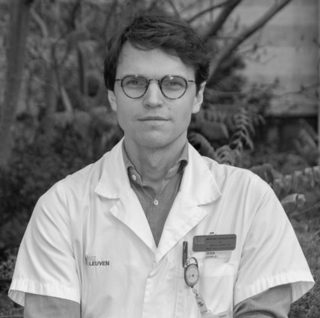
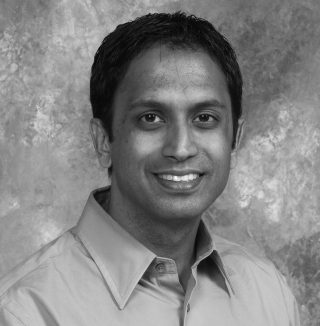



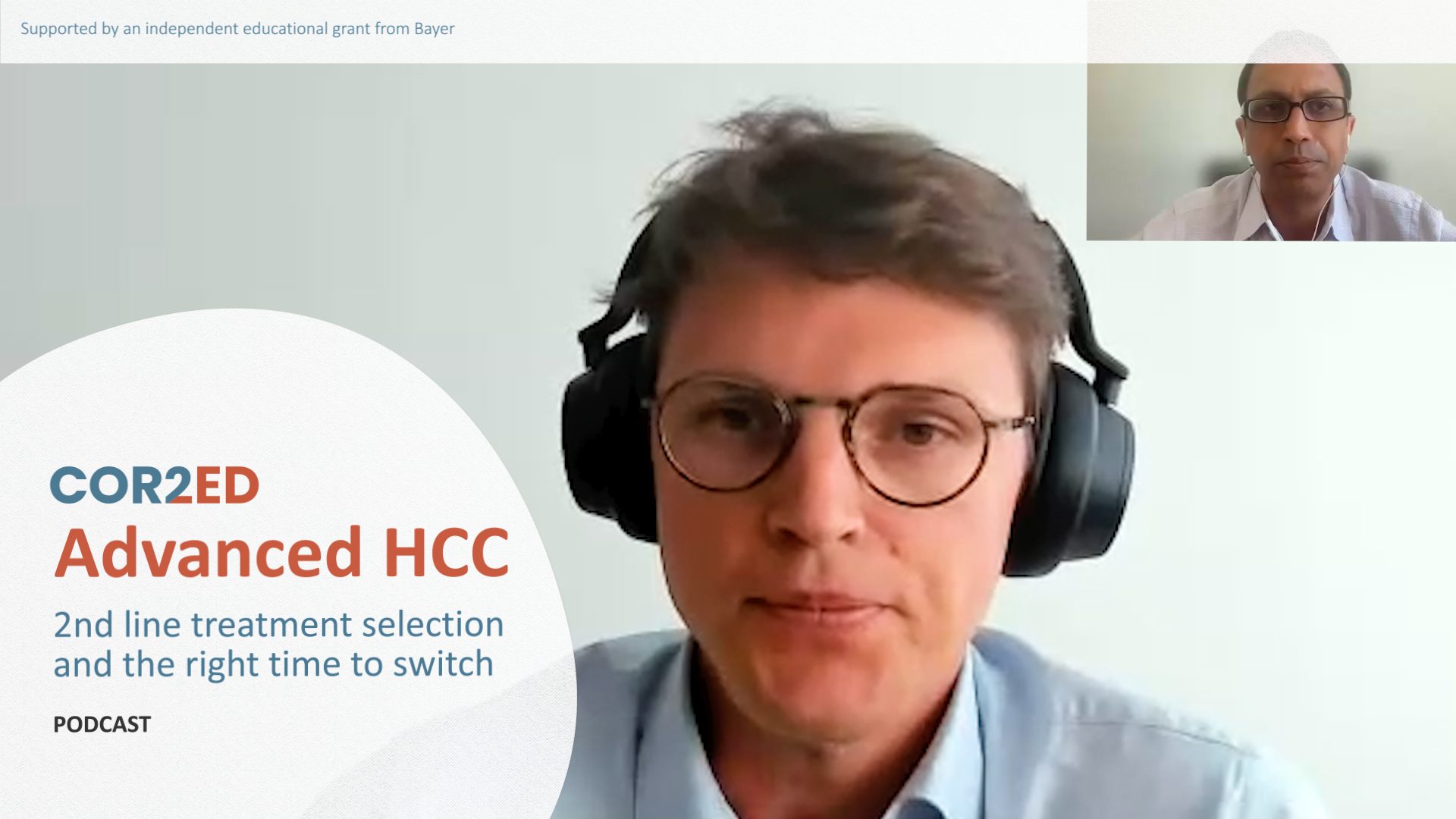


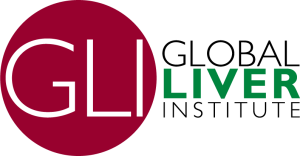
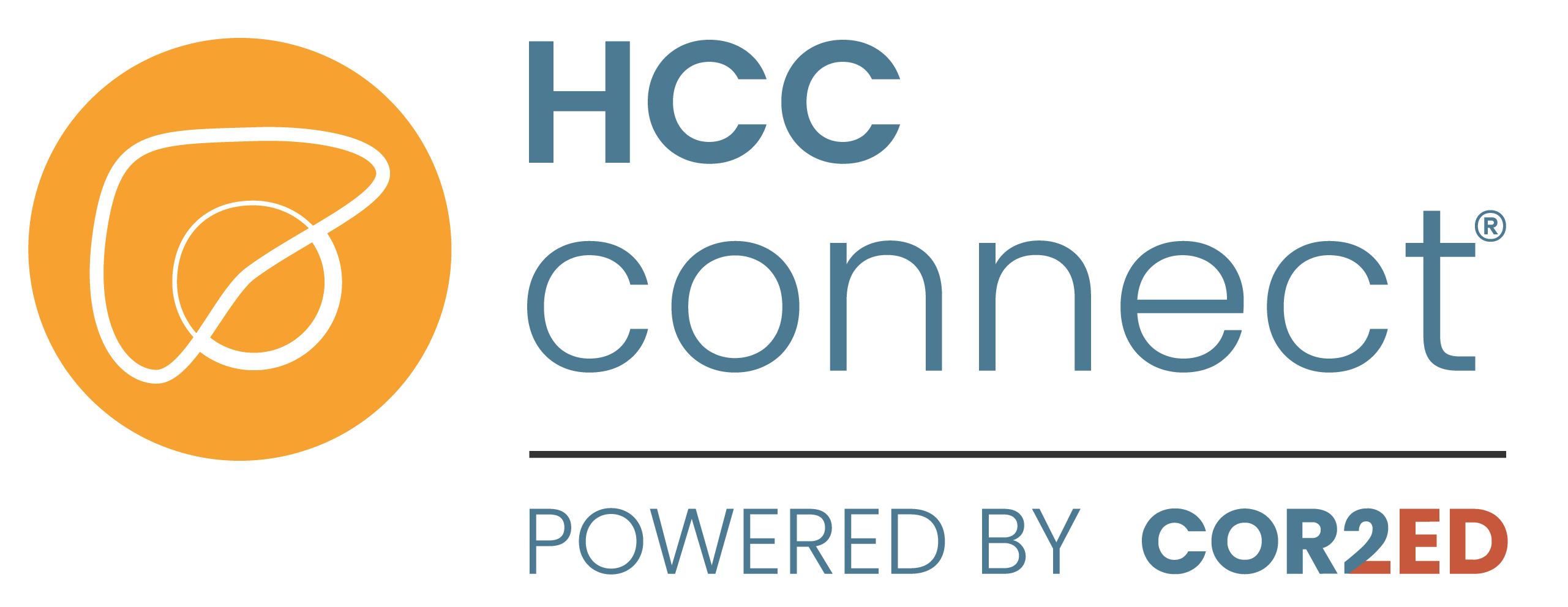



 Downloadable
Downloadable  5 MIN
5 MIN
 Jun 2025
Jun 2025 






